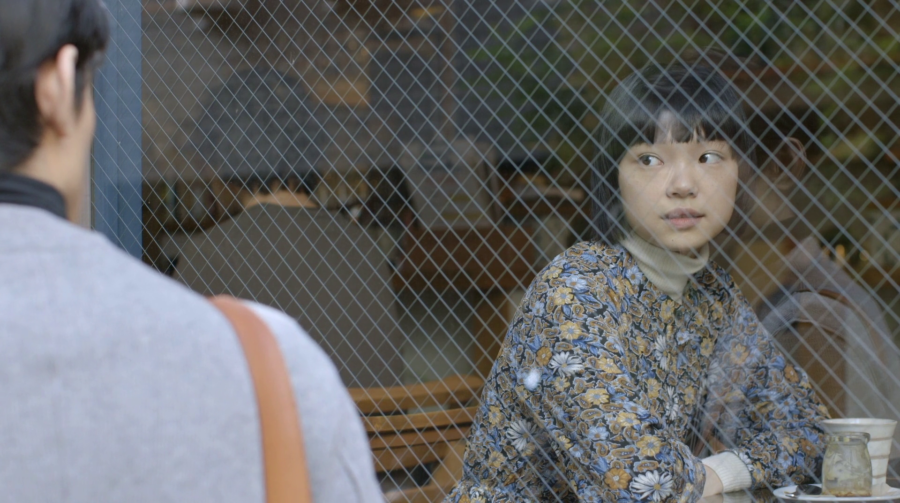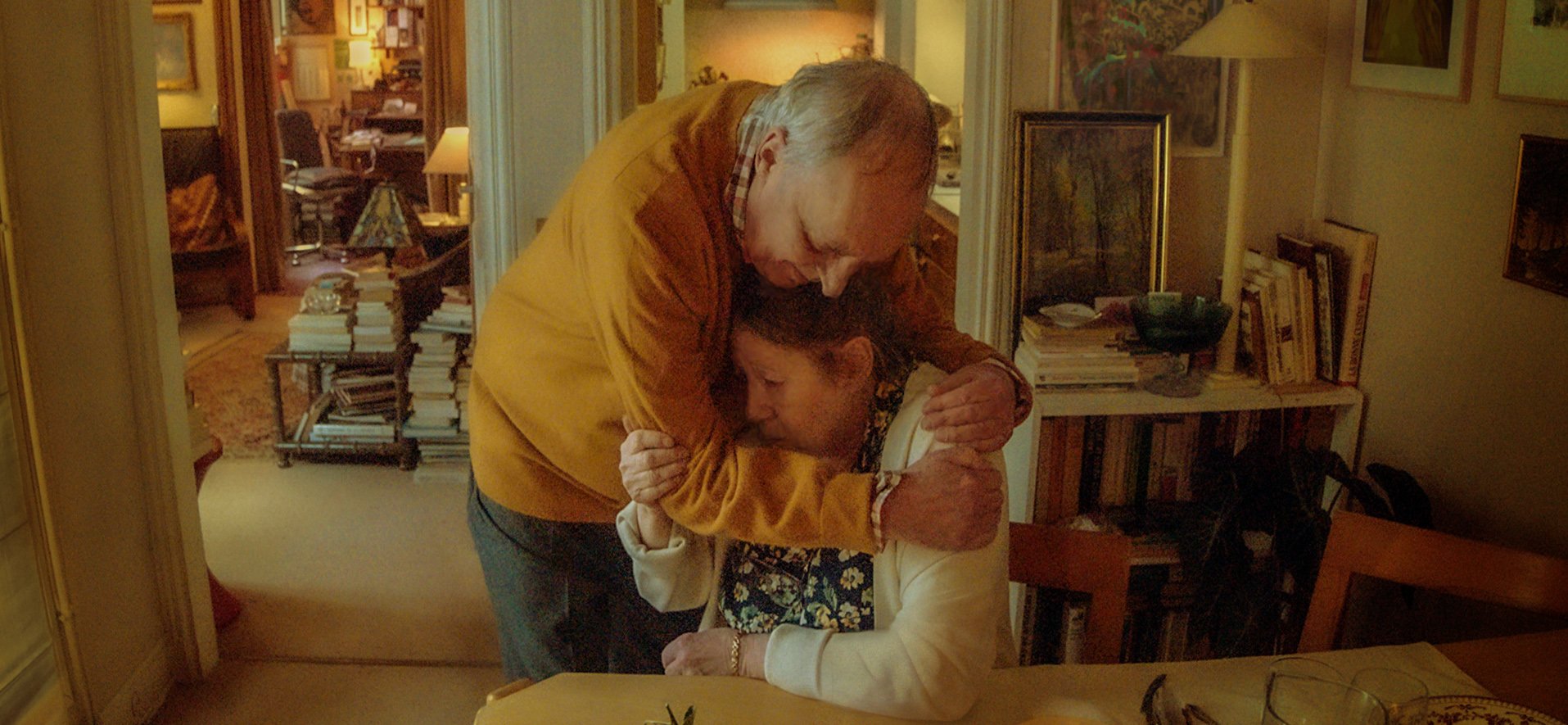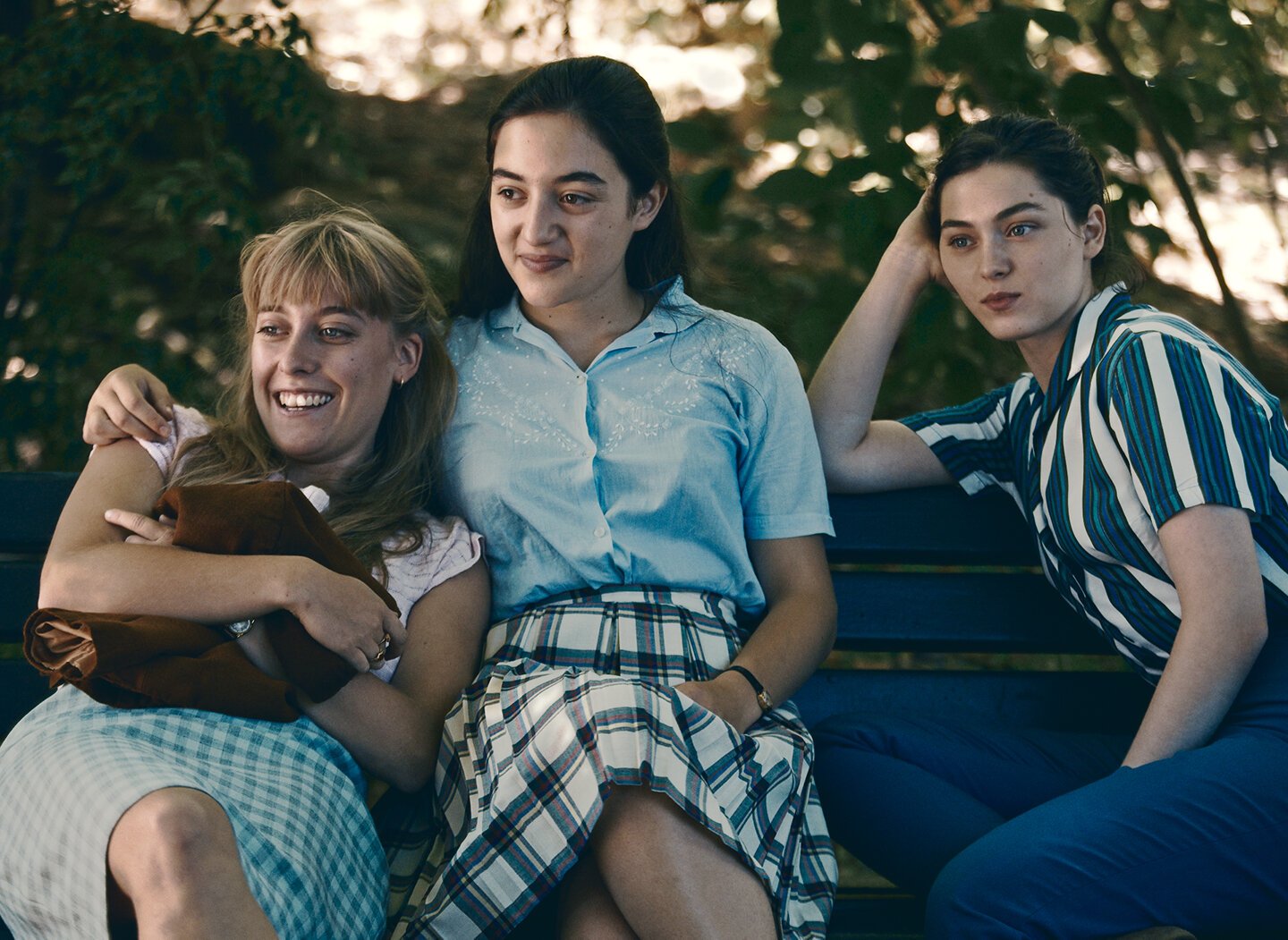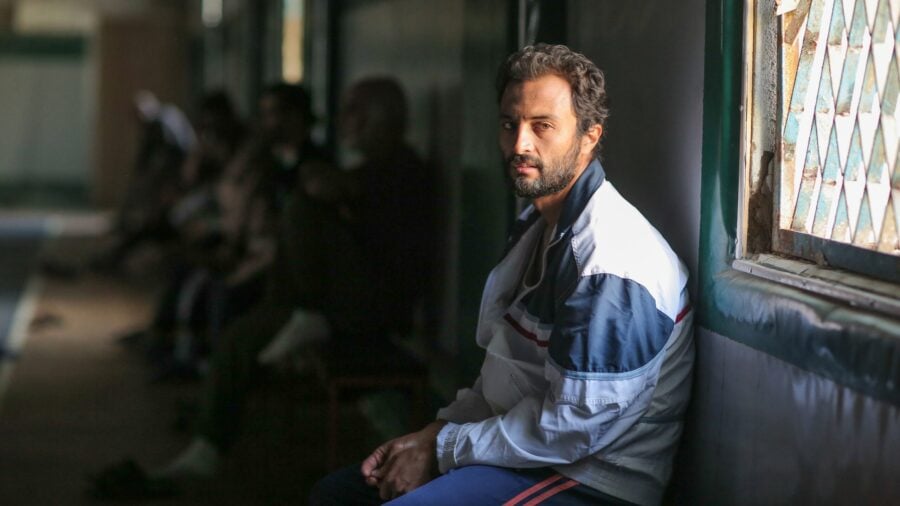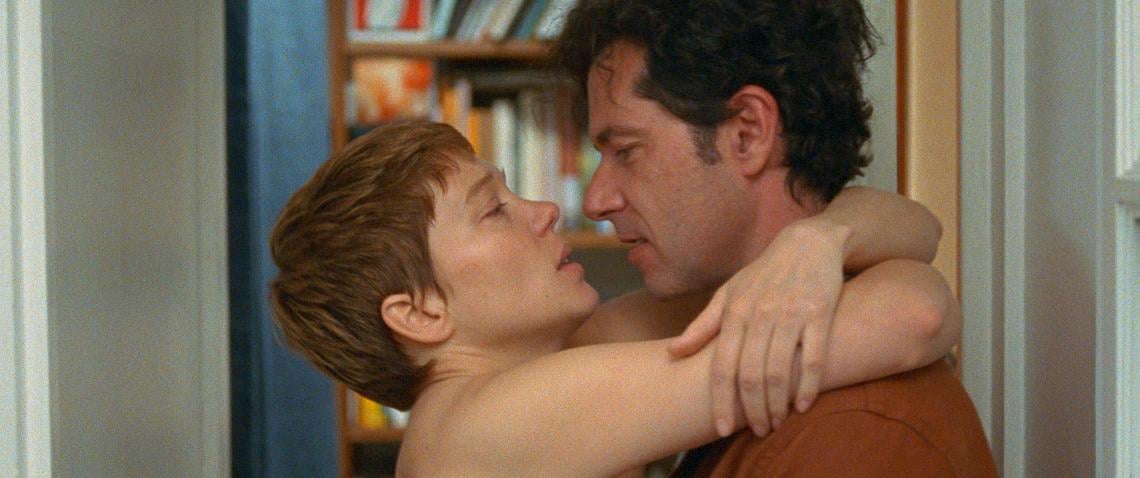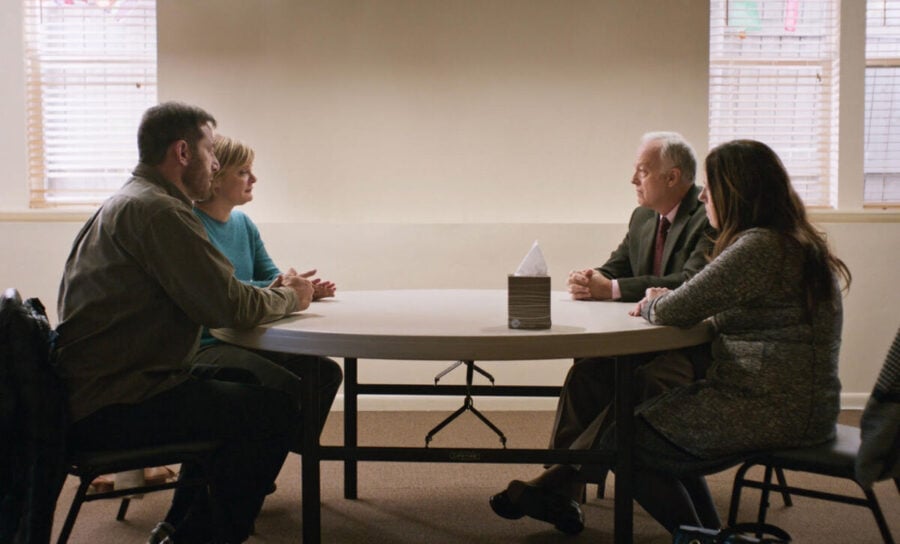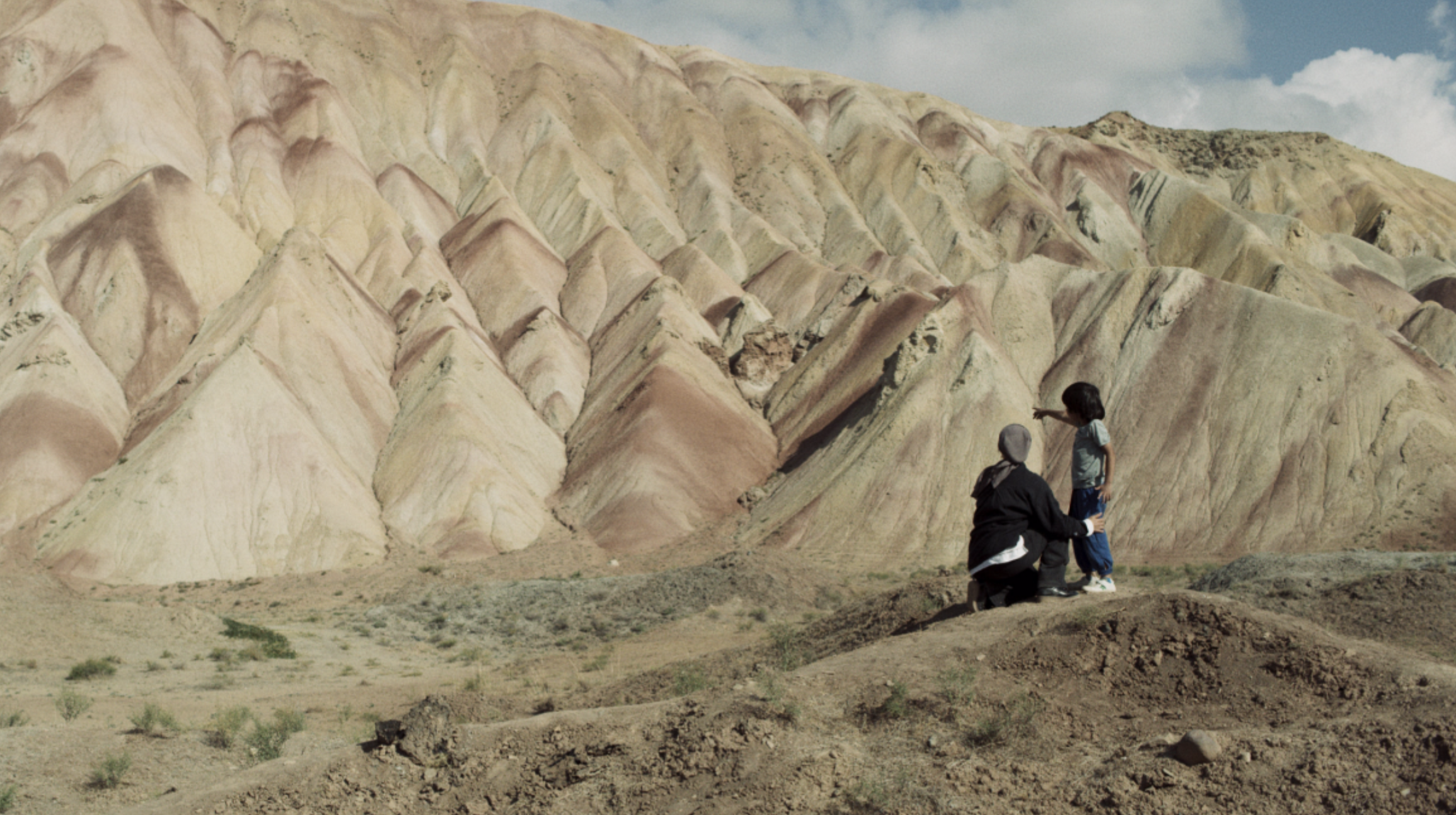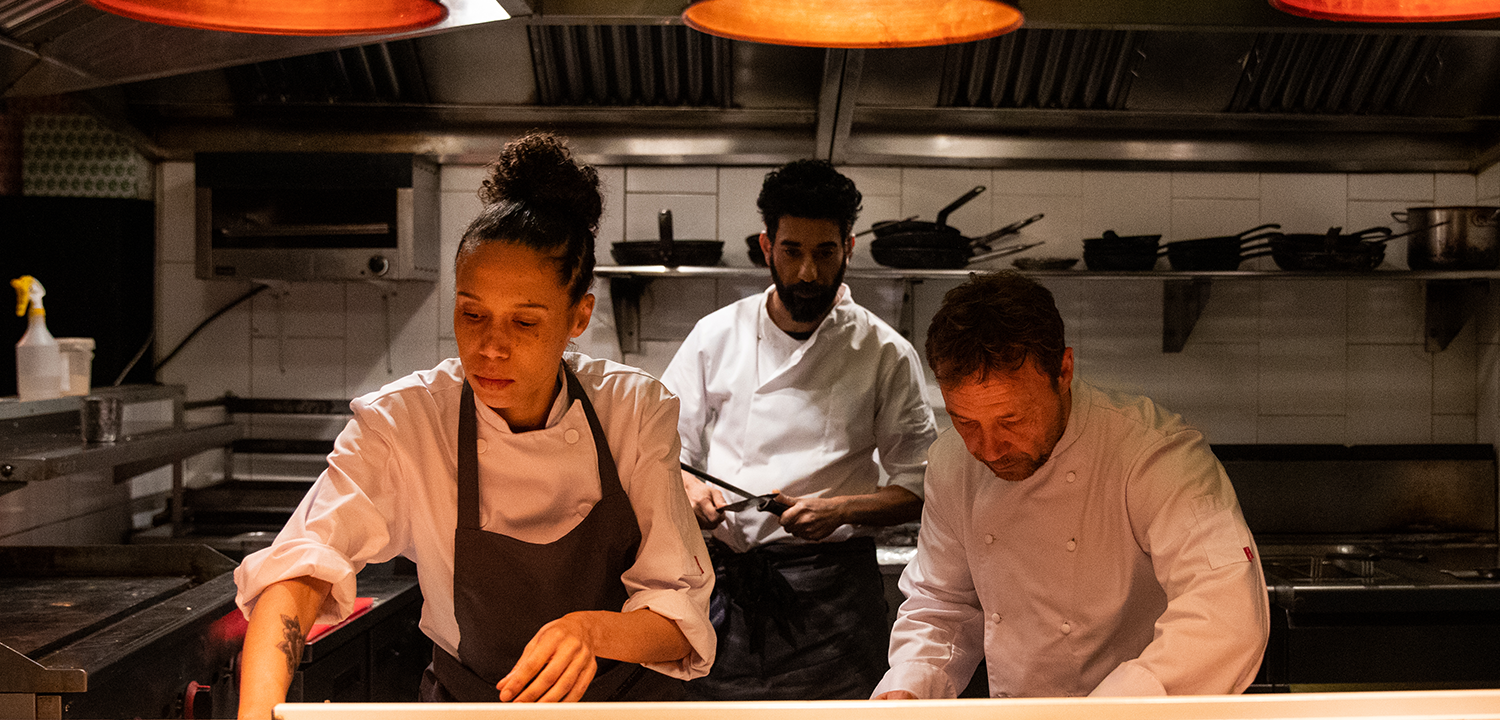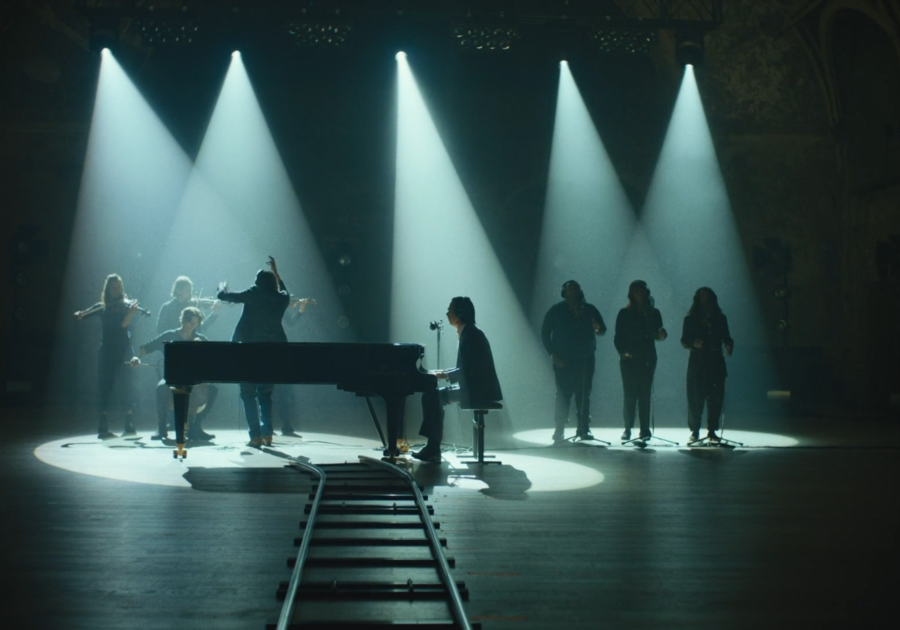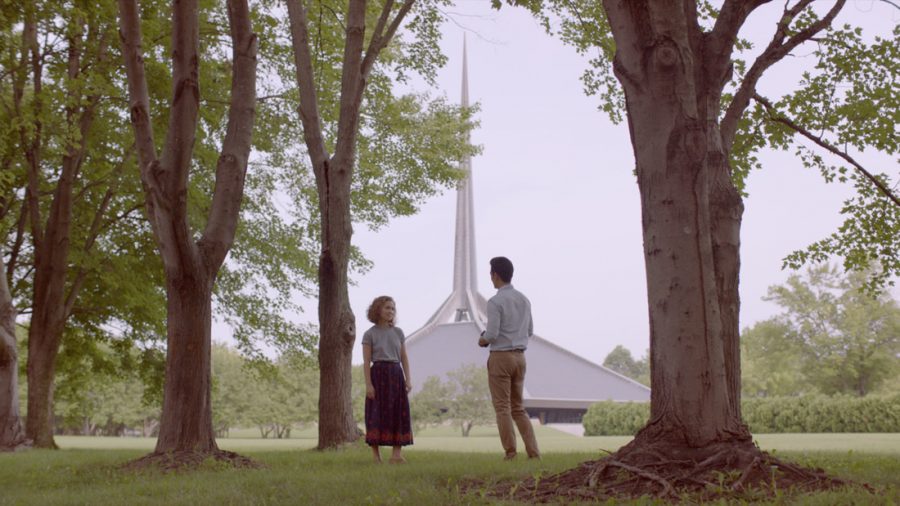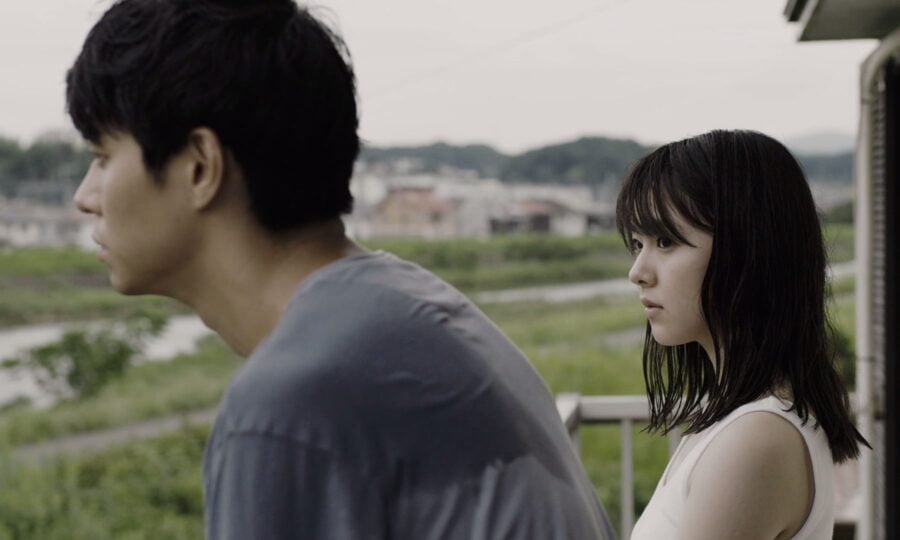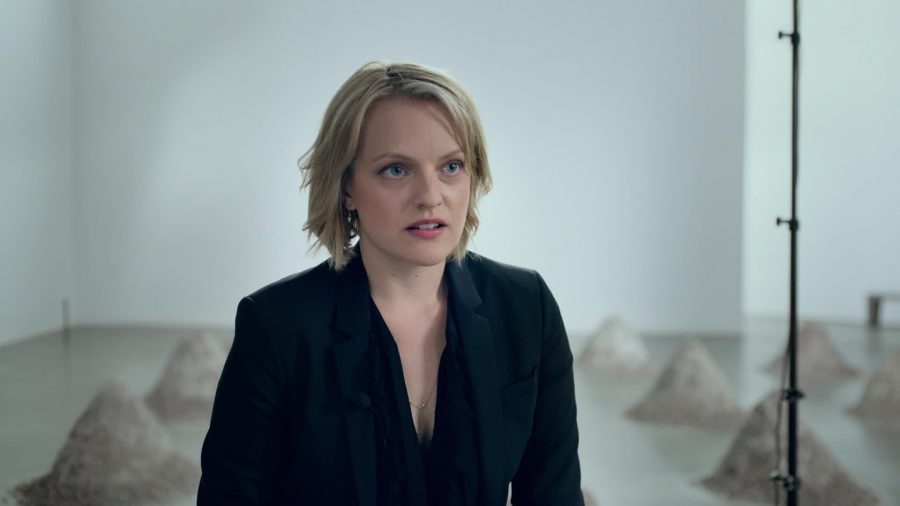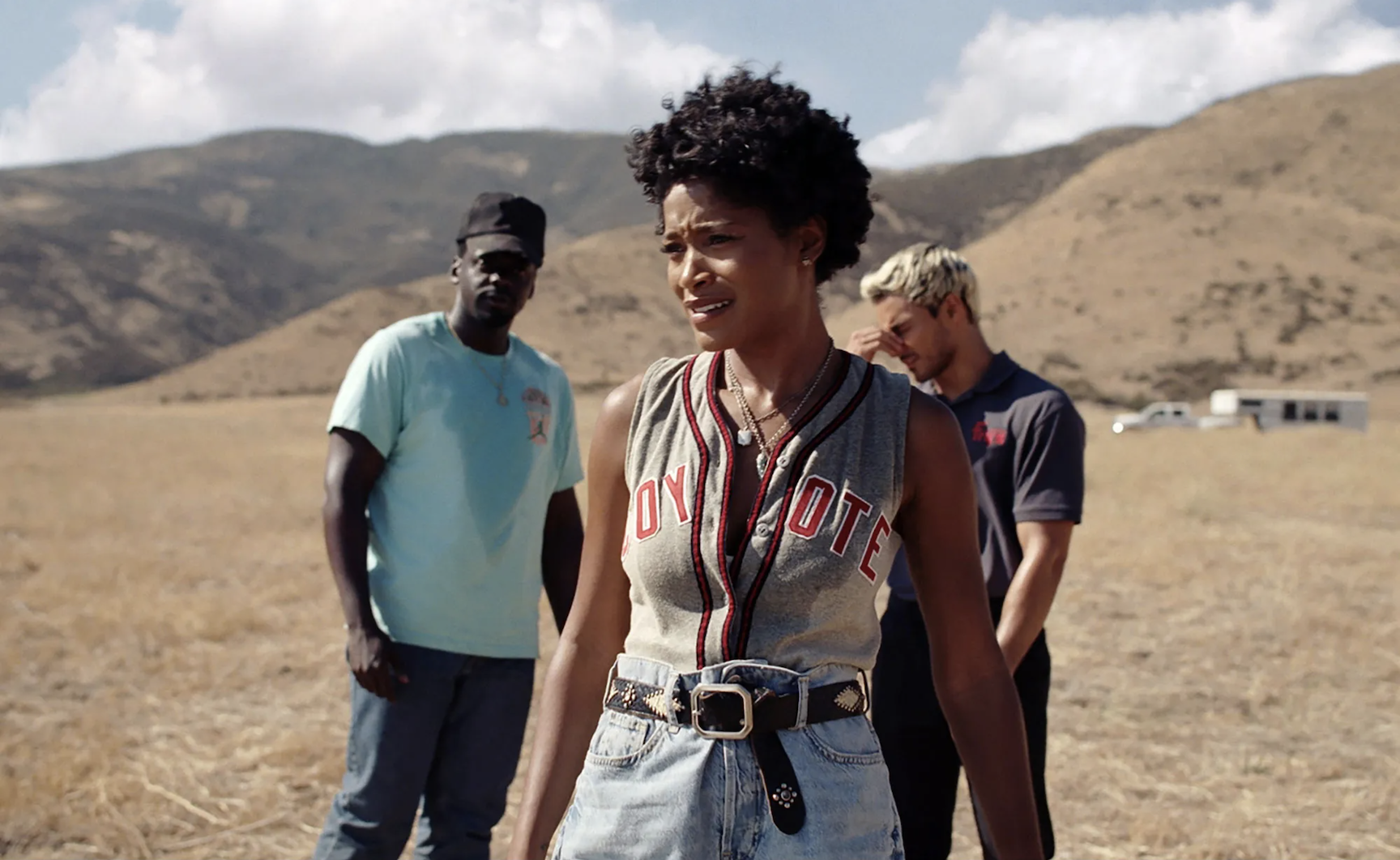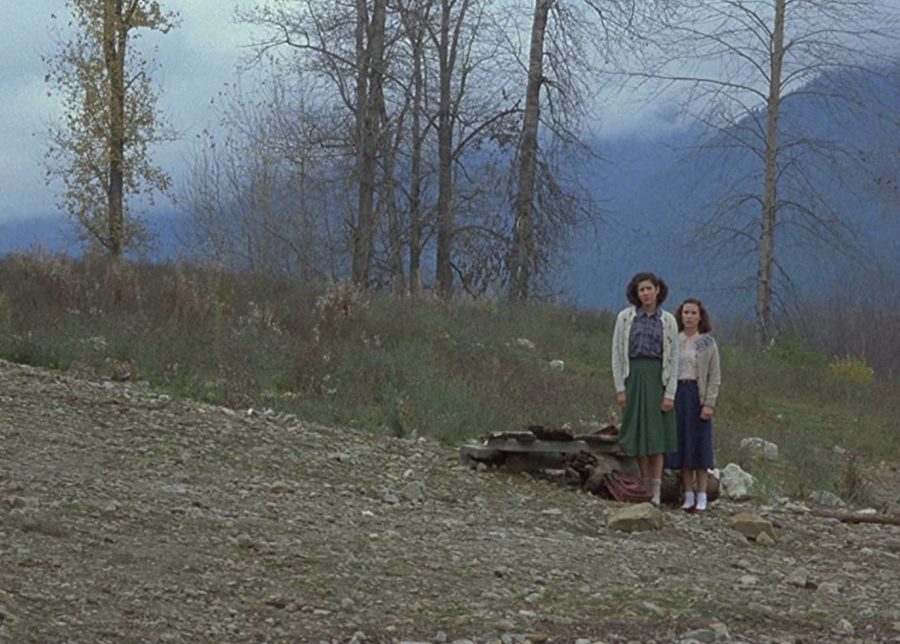From Drive My Car director Ryusuke Hamaguchi comes another film featuring long drives, thoughtful talks, and unexpected twists. An anthology of three short stories, Wheel of Fortune and Fantasy ponders over ideas of love, fate, and the all-too-vexing question, “what if?”
What if you didn’t run away from the one you love? What if you didn’t give in to lust that fateful day? What if, right then and there, you decide to finally forgive?
Big questions, but without sacrificing depth, Hamaguchi does the incredible task of making every single second feel light and meaningful. Wheel of Fortune and Fantasy will leave you with mixed emotions: excited, startled, dejected, hopeful. But one thing you won’t feel is regret over watching this instant classic of a film.
Genre: Drama, Romance
Actor: Aoba Kawai, Aoba Kawai 河井清叶, Ayumu Nakajima, Fusako Urabe, Hitoshi Omika, Hyunri, Katsuki Mori, Kiyohiko Shibukawa, Kotone Furukawa, Shouma Kai
Director: Ryusuke Hamaguchi

